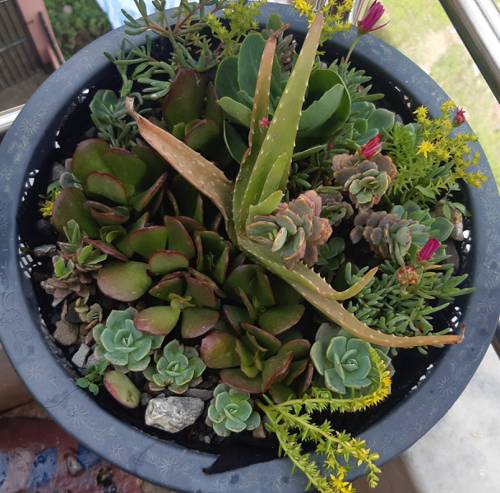
FAQ About Indoor Plant Acoustic Benefits

What are indoor plant acoustic benefits?
Indoor plant acoustic benefits refer to the ability of plants to help reduce noise levels and improve sound quality in indoor environments. Plants can absorb, deflect, or refract sound waves through their leaves, branches, and other parts, leading to a quieter and more acoustically pleasant space.

How do indoor plants reduce noise levels?
Indoor plants reduce noise levels by absorbing sound waves with their leaves, stems, and branches. The surface area and texture of plant foliage can help in dampening sound. Plants can also deflect sound waves through their flexible structures, breaking up sound reflections that would otherwise amplify noise.

Which indoor plants are best for sound absorption?
Some of the best indoor plants for sound absorption include the Rubber Plant, Fiddle Leaf Fig, Peace Lily, and the Snake Plant. These plants have large leaves and dense foliage that are effective at absorbing sound. The Areca Palm is also popular for its acoustical benefits.

Can indoor plants replace traditional soundproofing methods?
While indoor plants can significantly contribute to reducing noise levels, they are not a complete replacement for traditional soundproofing methods such as acoustic panels, insulation, and noise barriers. Plants are best used as a supplementary measure alongside conventional solutions for optimal sound management.

Where should indoor plants be placed for maximum acoustic benefit?
For maximum acoustic benefit, place indoor plants in areas where sound reflections are common, such as near windows, bare walls, and corridors. Arranging plants in groups can also help to create a natural sound barrier and further enhance their sound absorption capabilities.

Do all plants help with acoustics?
Not all plants are equally effective in aiding acoustics. Factors like leaf size, plant density, and surface area determine how well a plant can absorb sound. Plants with broad leaves and dense foliage are generally more effective at noise reduction compared to those with thin or sparse leaves.

How effective are plants in reducing office noise?
Plants can be quite effective in reducing office noise by absorbing and diffracting sound. While they may not eliminate noise entirely, they can lower noise levels significantly, helping to create a more peaceful and productive work environment. The degree of effectiveness depends on the type and arrangement of plants.

Do indoor plants have any effect on sound echo in a room?
Yes, indoor plants can help reduce sound echo in a room. Their leaves and branches can break up sound waves, reducing echo and reverberation. This helps in making spaces more acoustically pleasant and reducing background noise.

Are there scientific studies supporting the acoustic benefits of plants?
Several scientific studies have supported the acoustic benefits of indoor plants. Research has shown that plants can absorb sound energy, reducing overall noise levels. However, the extent of noise reduction can vary based on plant type, size, and arrangement.

Can potted plants interfere with acoustics negatively?
Generally, potted plants do not negatively interfere with acoustics. However, if not properly maintained, they can become obstacles or reflect surfaces for sound waves, which might reduce their acoustic benefit. Therefore, regular maintenance and thoughtful placement are important for optimal sound benefits.
